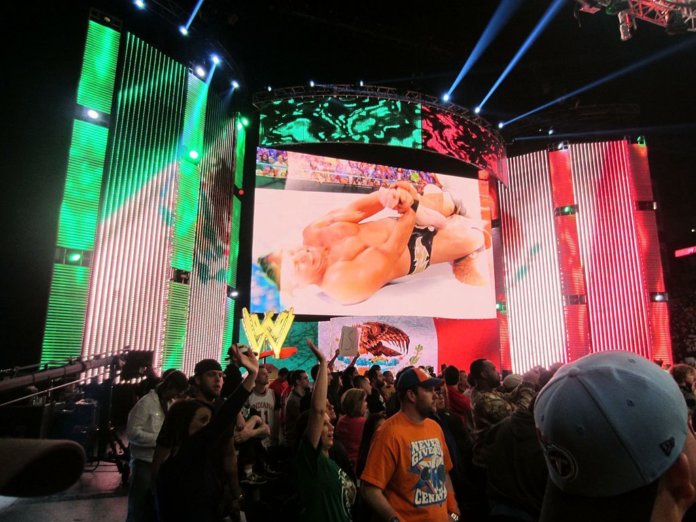
Vince McMahon is a man known for wearing many hats. To many, he is the face and force behind what is now known as the WWE, the professional wrestling sports entertainment giant. He is also an experienced wrestler, promoter, entrepreneur, and broadcasting mogul.
One title he cannot lay claim to, however, is the man who brought the McMahon family into the world of professional wrestling. Because of his global success in the industry, it would be easy to believe Vince McMahon was the founder of the family wrestling empire when, in fact, he is the third generation to take up the family passion.
Professional Wrestling and the McMahon’s
The first steps in the journey of the McMahon family empire were taken by Vince’s grandfather Roderick “Jess” McMahon in 1915. Jess was born in New York City to Irish immigrants who had recently come over from County Galway. After spending years owning and managing an African-American baseball team with his brother, the McMahon brothers started promoting professional wrestling out of Freeport Municipal Stadium.
This venture became lucrative enough to keep pursuing it throughout the ensuing years and decades. This would eventually lead to Jess’ lasting legacy, creating the Capitol Wrestling Federation in 1953. The CWF was a forerunner of what would become the WWE as we know it today. Sadly, Jess McMahon didn’t get to see his creation grow into the force it would become as he passed away one year later.
Like Father Like Son
After Jess McMahon’s passing, the CWF business fell to one of his sons, Vincent McMahon Sr. Vincent grew up around the sport, often tagging along with his father whenever he went to the arenas. It was reported that Vincent considered Madison Square Garden to be something of a personal playground.
A business dispute led to Vincent taking the CWF and transforming it into a new organization he called the World Wide Wrestling Federation (WWWF). By this point, Vincent had learned the formula that drew huge audiences. The WWWF would feature monthly events which consisted of three matches, each of which pitted a clean cut good guy against a villain. By 1970, the WWWF had a TV contract and sell-out events on a consistent basis.
The Master Takes the Reins
Vince McMahon Jr. did not have the idyllic home life many of his peers enjoyed. He lived with his mother and a string of step-fathers throughout his childhood. He didn’t meet his father, Vincent Sr, until he was 12 years old. Even still, he formed a bond with his father and learned the business from him. In 1982, when Vincent Sr. was diagnosed with cancer and ready to get out of the business, Vince bought the business from his father.
Vince had the vision to take what was predominantly a regional phenomenon in the United States and make it national. He changed the name to the World Wrestling Federation (WWF) and sent videotapes of their events to TV stations in parts of the country that had not had great exposure to the sport. This would, in turn, lead to the Wrestlemania phenomenon that would sweep the country in the mid to late 1980’s.
The Next Generation of McMahon’s
Given the long family history in the sport, it seemed inevitable that Vince McMahon’s two children, Shane and Stephanie would also get involved. Like his father, Shane is involved in the business operation side as President as Media Content Development as well as in front of the cameras. Stephanie is heavily involved in creating the storylines through her position as Head of Television Writing. She is also married to one of the star wrestlers, Triple H. For Vince, it was crucial that his children learn all the ins and outs of the business.
“It’s important that they learned all aspects – all phases of our business – from the ground up,” McMahon said in an interview with the Sun Media Network. “And at the same time have the unabiding appreciation for what it takes to be a talent and the sacrifices that are inherent in that, as well as keeping their feet on the ground and understanding our audience and what our audience wants.”









